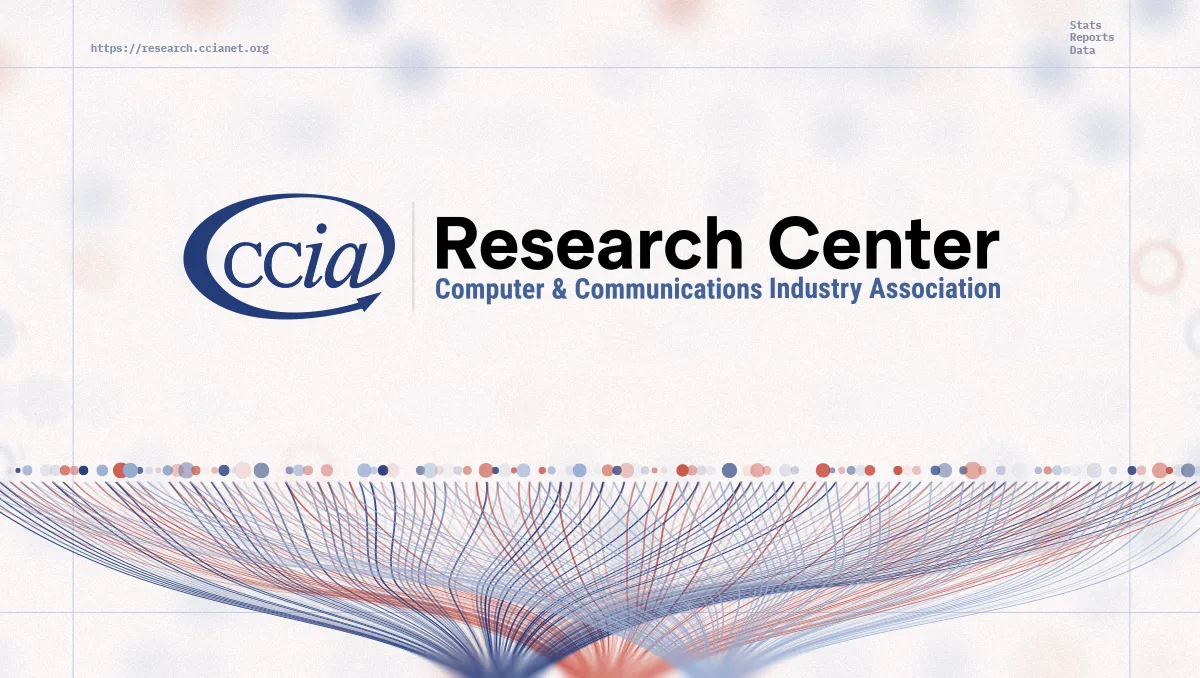Observations on DMCA Reform and Notice & Takedown Abuse
Following on a House Judiciary committee copyright hearing earlier this month, Bruce Buckles writes for the RIAA to propose re-opening the 1998 Digital Millennium Copyright Act’s liability safe harbor in order to shift more of the burden of policing online infringement to intermediaries. This is a bold demand, in no small part because of the risk it entails: it has been suggested that reopening the DMCA is “the third rail of IP politics” – a fact amply demonstrated by last year’s unprecedented public uproar over SOPA.
The safe harbor in Section 512 has proven effective at providing online intermediaries certainty, guaranteeing that if they respond expeditiously to complaints of online infringement posted on their platform by others, the intermediary’s potential liability for this third party misconduct is limited. Research suggests that undermining this certainty could have a recessionary impact on investment in digital content intermediaries, and the safe harbor has contributed to the unparalleled success and innovation of the U.S. Internet sector.
This is not to say the statute is ideal. The subject of numerous inter-industry compromises, Section 512 has some warts. For example, 512(i)(1)(A) requires intermediaries to have a policy for terminating subscribers who are repeat infringers. Not their accounts, mind you — terminate the subscriber. (And you thought statutory damages were harsh.)
A more substantive shortcoming is that notice & takedown invariably lends itself to abuse by ostensible “rightsholders.” Unlike federal litigation, there is no requirement to furnish a registration to initiate processes. As a December 2012 report by the Center for Democracy & Technology observes, any notice & takedown system can be abused by malicious entities since, “intermediaries often have little or no incentive to question or refuse a takedown request, even if they suspect the notice-and-takedown system is being abused,” since they “cannot afford to risk losing their protection from liability”.
Abusive takedowns exploit the tension between expeditiousness and accuracy, since intermediaries bear more costs for failing to measure up on the former than the latter. The former could lead to ruinous liability, whereas the costs of inaccuracy are visited largely upon hapless end-users. Years ago, I explained the economics of the liability rules that allowed strategic actors to exploit this asymmetry. But who would stoop to this?
Funny you should ask. Academic research published some years ago using a limited dataset found that “over half—57%—of [DMCA takedown] notices sent to Google to demand removal of links in the index were sent by businesses targeting apparent competitors”. For example, as documented in Google’s recent Transparency Report, a “driving school in the U.K. requested the removal of a competitor’s homepage from Search, on the grounds that the competitor had copied an alphabetized list of cities and regions where instruction was offered.”
In addition to suppressing competition, abusive takedowns can also suppress information of public concern. The same Transparency Report notes that “[m]ultiple individuals in the U.S. requested the removal of search results that link to blog posts and web forums that associated their names with certain allegations, locations, dates or negative comments,” and “[a] company in the U.S. requested the removal of search results that link to an employee’s blog posts about unjust and unfair treatment.” One creative individual even “requested the removal of search results that link to court proceedings referencing her first and last name on the ground that her name was copyrightable.” Most recently, certain rightsholders have submitted multiple takedowns aimed at suppressing a documentary about their legal war with the Pirate Bay. These examples are just a handful among many.
And even if one discounts all of these examples are inconsequential, communication is indisputably of consequence when it is political speech at the height of a presidential campaign.
That’s right: as we’ve previously noted, fraudulent DMCA takedowns have been repeatedly used to suppress campaign speech during elections, the point at which First Amendment interests are at their apogee. Last year, BMG Rights Management issued a takedown against a political ad produced by the Romney campaign, in which President Obama sang a few bars of a song by Al Green titled “Let’s Stay Together.” (The suggestion of the ad was that President Obama was only interested in wooing wealthy donors.)
Setting aside the fact that the ad was unquestionably fair use, BMG representatives later claimed the music publisher was merely protecting its rights in the song by suppressing the clip. Yet “tons” of other YouTube clips featuring the same song, and indeed, the identical clip of the President – but which did not criticize him as did the Romney ad – reportedly remained on the site, untouched.
Nor was the 2012 election the first instance of this: a white paper by CDT documents numerous examples from the 2008 presidential campaign, which affected candidates from the left and right, and elsewhere.
So long as policymakers prioritize expedited response to takedowns, the solution must be meaningful penalties for those who abuse the process. Yet the DMCA has few. Legislation could change that, however. Just as we provide statutory damages for willful infringement of copyright, we could provide similar statutory penalties for willful perjury designed to suppress competition or speech.
If we’re going to seize the third rail with both hands, we might as well get it right.








